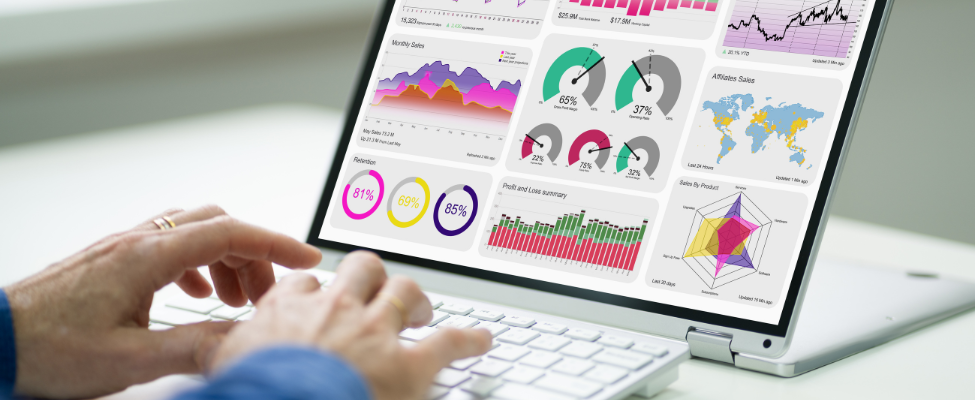The Future of Recruitment: How AI and Data Analytics Are Transforming Hiring
Recruitment has evolved significantly over the past decade, but nothing has revolutionised the hiring process quite like artificial intelligence (AI) and data analytics. While many employers and candidates still rely on traditional hiring methods, companies leveraging AI-driven recruitment tools are gaining a competitive edge.
In this blog, we’ll explore how AI and data analytics are reshaping recruitment, what it means for job seekers, and how HR professionals can navigate this shift effectively.
1. AI in Recruitment: Beyond CV Screening
AI-powered recruitment tools go far beyond simple resume screening. These technologies use machine learning algorithms to assess candidates holistically, predicting job performance and cultural fit with greater accuracy than ever before.
Key AI Applications in Recruitment:
- Automated CV Screening: AI can instantly analyse thousands of CVs, identifying the best-matching candidates based on skills, experience, and keywords.
- Chatbots for Candidate Engagement: AI-driven chatbots enhance candidate experience by answering questions, scheduling interviews, and providing real-time feedback.
- Predictive Analytics for Hiring Success: AI can analyse past hiring decisions to predict which candidates are likely to succeed in specific roles.
- Bias Reduction in Hiring: AI tools, when properly designed, can help remove unconscious bias by focusing solely on data-driven decision-making.
2. The Power of Data Analytics in Recruitment
Data-driven recruitment is no longer a luxury - it’s a necessity. Companies that leverage analytics can optimise their hiring strategies and improve long-term workforce planning.
How Data Analytics Enhances Recruitment:
- Identifying Hiring Trends: Companies can use historical data to predict peak hiring seasons and industry talent shortages.
- Improving Candidate Sourcing: By analysing recruitment sources, HR teams can determine which platforms bring in the best candidates and allocate resources more effectively.
- Reducing Employee Turnover: Predictive analytics can identify early warning signs of employee dissatisfaction, allowing companies to intervene before turnover occurs.
- Enhancing Job Descriptions: AI-powered analytics can identify which job posting formats and keywords attract the highest quality candidates.
3. Challenges and Ethical Considerations
Despite the advantages of AI and data-driven recruitment, challenges remain. Ethical concerns surrounding algorithmic bias, data privacy, and the human element of hiring must be addressed.
Key Challenges:
- Bias in AI Algorithms: If not properly calibrated, AI systems can reinforce existing biases rather than eliminate them.
- Lack of Human Judgment: Over-reliance on AI can lead to overlooking candidates who bring unique value beyond what algorithms can assess.
- Data Privacy Issues: Storing and analysing vast amounts of candidate data comes with security risks and regulatory concerns.
4. How HR Professionals Can Adapt
To stay ahead, HR professionals must develop a strategic approach to AI and data analytics in recruitment. Here’s how they can embrace the change:
- Invest in AI Training: Understanding how AI tools work ensures HR teams can maximise their benefits while mitigating risks.
- Balance AI with Human Insight: Use AI as a tool to assist decision-making rather than replace human recruiters entirely.
- Prioritise Ethical AI Use: Choose AI systems designed with bias mitigation and transparency to ensure fair hiring practices.
- Leverage Continuous Learning: Stay updated on AI developments and recruitment analytics trends to maintain a competitive advantage.
Final Thoughts
The integration of AI and data analytics in recruitment is not just a passing trend - it’s the future of hiring. Companies that embrace these technologies will be able to attract top talent more efficiently, reduce bias, and enhance the candidate experience. However, balancing AI-driven insights with human judgment is essential to building a strong, ethical, and effective hiring process.
What are your thoughts on AI in recruitment? Are you excited or concerned about its impact?
